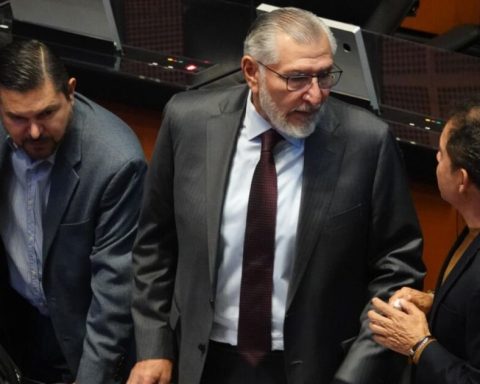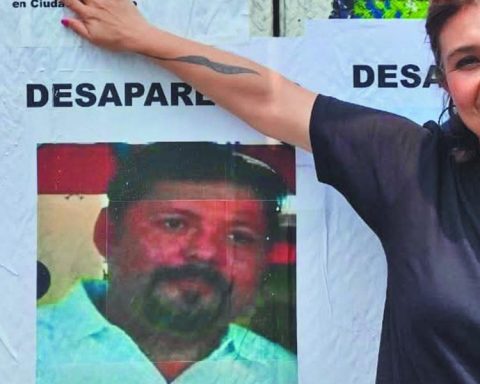AND
l August 9, Day International of Indigenous Peoples, offered a portrait of the politics that the so-called 4T has defined. The head of the National Institute of Indigenous Peoples (INPI) in the morning conference showed the statistics of the support that through 17 programs have benefited the indigenous population
and Afro-Mexican for 339 billion pesos. In short, the reiteration of the focus on the individual beneficiaries of the various social programs: the indigenous without their peoples. However, a reference to the ongoing Yaqui justice plan was included and he mentioned others in process, which would announce a reconsideration to assume the peoples and their collective rights… That day an inter-institutional event was organized and the head of the INPI recognized, in its own way, the official contradiction. He referred to the United Nations Declaration on the Rights of Indigenous Peoples, noting that Article 3 textually establishes that indigenous peoples have the right to self-determination and, by virtue of this right, freely determine their political status and also provide for their economic, social and cultural development. Here the government headed by President Andrés Manuel López Obrador puts into practice the fundamental principle that dictates that, for the good of all, first the poor, the humblest, the most excluded, especially our indigenous peoples and communities.
.
In stark contrast, let us set our sights on indigenous peoples who are defending their territories, using the rights they have won. The central component of the indigenous resistance is the organization for the defense of their territories, and the use of the law makes sense only in that context. Along these lines, the UN special rapporteur on the rights of indigenous peoples released the report on her visit to Mexico in 2018. One paragraph says it all: The current development policies based on megaprojects (extractive, energy, tourism, real estate, for example) constitute a major challenge for the enjoyment of the human rights of indigenous peoples. Added to the lack of self-determination and prior, free, informed and culturally appropriate consultation are territorial conflicts, forced displacement, criminalization and violence against indigenous peoples who defend their rights.
.
In this regard, Chuun T’aan, a Mayan from Yucatan who opposes the so-called Mayan Train, said that “we Mayans are not just peasants or Yucatecans, or poor people who need jobs. We are, first of all, a native people, who have the right to make decisions in our territory, who want to decide our own future. There has already been too much abuse against our peoples and great devastation against Mother Earth (6/1/20).
Six rapporteurs of special human rights procedures sent to the Mexican State, through the Office of the United Nations High Commissioner for Human Rights, a document with serious concerns regarding the Mayan Train in matters of territories, eviction and rights to Health; the negative effect on the right of indigenous peoples to their traditional lands; consultation without international standards; irregular environmental impact studies and, for possible harassment, criminalization, defamation against human rights defenders, as well as the possible militarization of the area (September 21. Communication Al Mex 11/2020).
On November 20, 2020, Mexico’s response (OGEO4560) was delivered. In it, he reiterated positions such as the defense of the consultation process and its innovation that specific consultations will follow, as well as the monitoring commissions agreed upon when the train was approved. At the same time, it reaffirmed that, based on the powers of the State in terms of expropriation for reasons of public utility, in the case of evictions, negotiation will be sought, but if it does not result, compensation is imposed. This UN process was left unfinished.
This project involves several, for now today we are at the point where an opposition was organized made up of artists and environmentalists who processed amparos with results today annulled, while there is another well-founded one of authentic academics who show the great risk of the destruction of ecosystems , especially in section 5, and has also been unauthorized. For now, we should be concerned that the historical subject, the Mayan people, in fact, is being displaced. The link between the peoples and nature is not clear. The dominant Mayan people do not have continuous territories, they are not articulated, even less the ejido authorities that are governed in some cases by the logic of the land market. His handicap in the face of official co-opting activism is obvious. Let’s not deepen it. He left here two mirrors that require a critical look.















